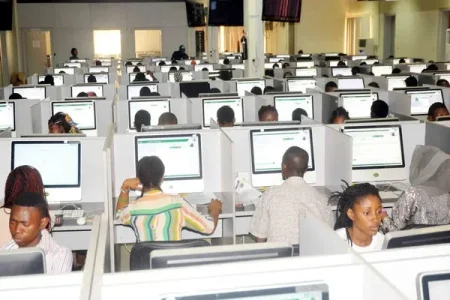
Australia has introduced the world’s first law banning children under 16 from using social media platforms, citing concerns about its mental health impact. While praised as a protective measure, critics warn it could lead to isolation or dark web use. The bill highlights a growing global debate on youth digital safety.
Australia has become the first country to legislate a nationwide social media age restriction, banning children under 16 from accessing platforms. Passed by the Senate on November 28, the Social Media Minimum Age bill aims to address concerns about the negative mental health impact of social media on young Australians. Prime Minister Anthony Albanese highlighted the link between social media use and mental health issues, prompting swift government action.
The law has sparked debate, with supporters praising it as a protective measure for vulnerable youth. However, critics, including academics and advocacy groups, warn of potential unintended consequences, such as teens turning to the dark web or experiencing increased isolation. Despite the criticism, the bill passed with a decisive vote of 34 to 19.
The legislation positions Australia as a global test case for managing young people's digital activity, amid similar age-restriction discussions in other countries. Supporters hope the move will pave the way for safer online spaces, while detractors urge a more measured approach to avoid exacerbating mental health challenges.
As the world watches this landmark development, questions remain about how the law will be enforced and its long-term impact on teenagers’ online behavior. The decision marks a bold step in balancing technological advances with societal well-being.


